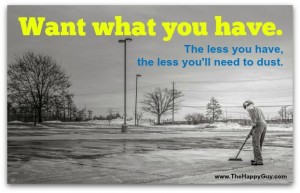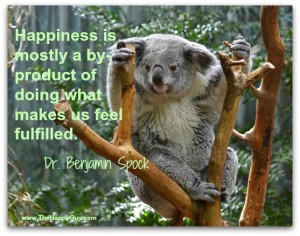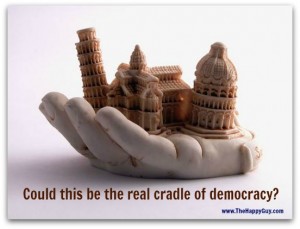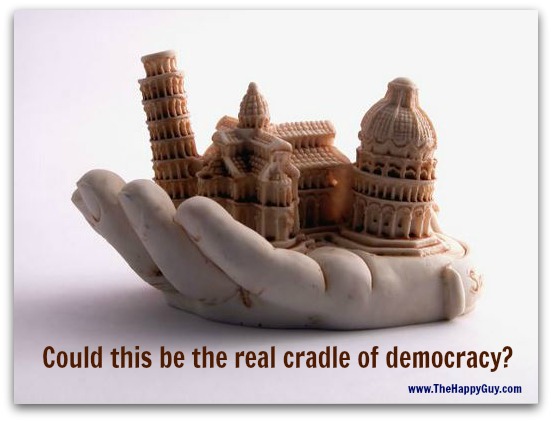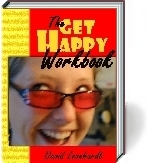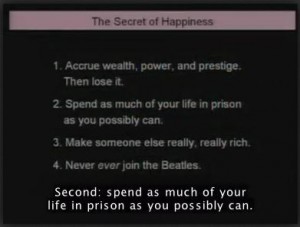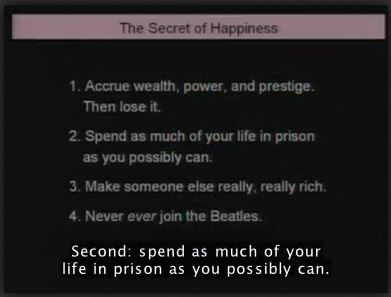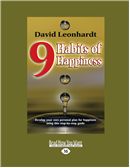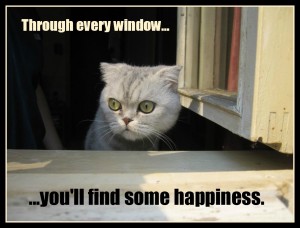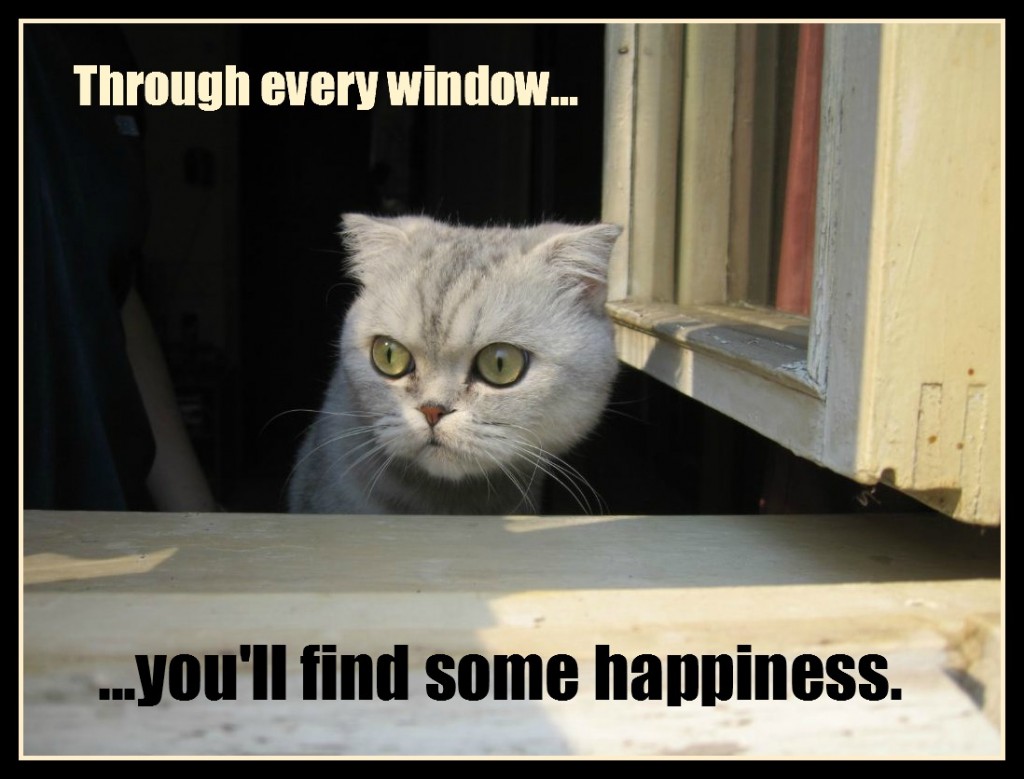It’s easy to get lost on the treadmill of life, but it’s worth getting off to start living.
He was on his cell phone. Driving and talking. Talking and driving. Driving and talking. Talking and … CRASH!!!
She was in her hospital bed. Breathing and gasping. Gasping and breathing. Breathing and … you get the idea. Too bad his business had to come before her life.
Is it just me, or does it seem we have lost more than a little perspective? [Read more…]


